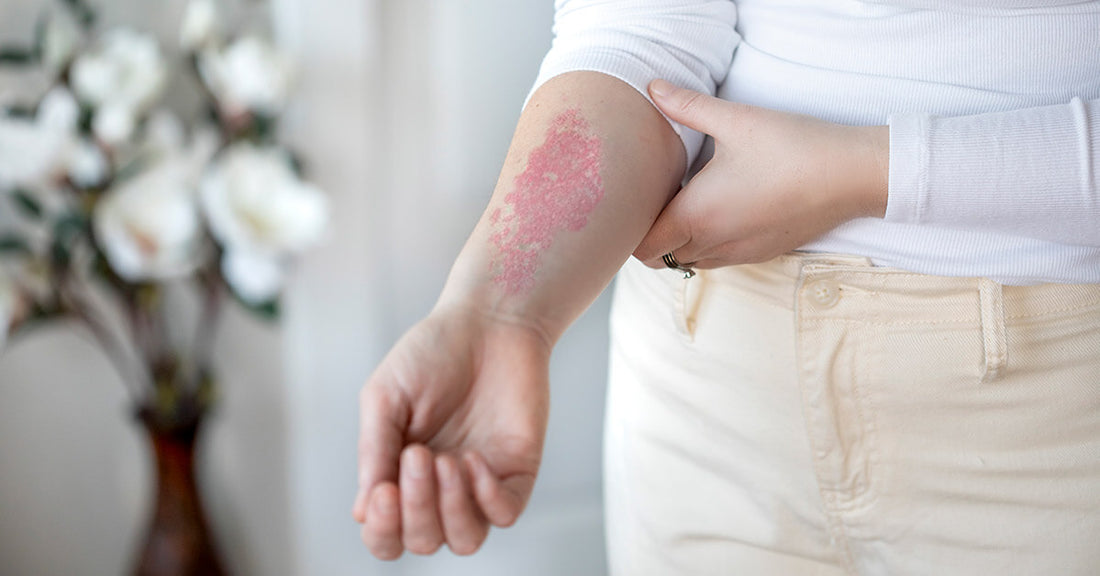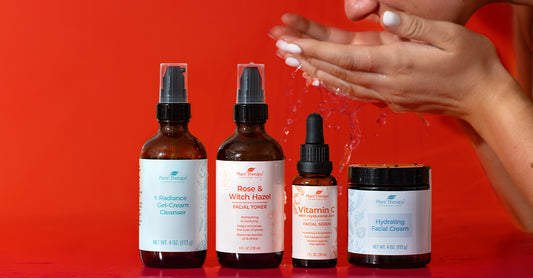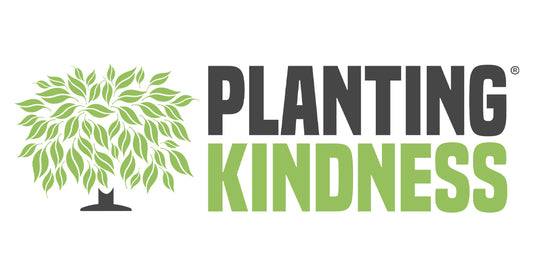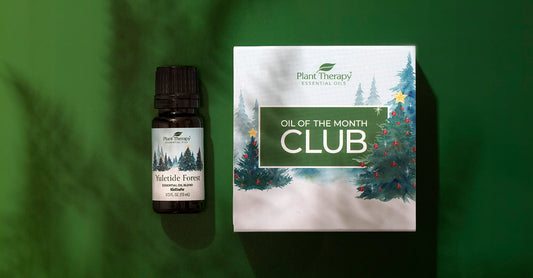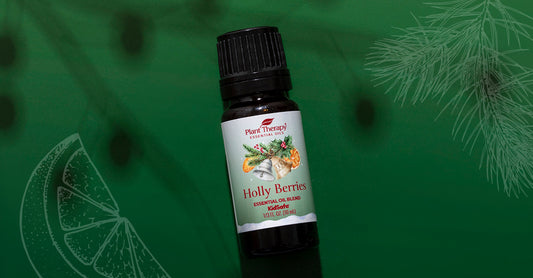We throw around this big word a lot: Sensitization. We get asked a lot what this means, so here’s a quick lesson that sheds some light on sensitization.
What Does This Mean?
Sensitization is an allergic immune response. It can also be referred to as Allergic Contact Dermatitis (ACD). This means that the reaction may or may not show up at the area of application. If you apply an oil or blend to your arm, the reaction may show up on your chest, neck or just about anyplace else. Sometimes it will take time to figure out which oil you are reacting to. Almost every time the reaction will happen faster and last longer than the time before.
Just like when you get bit by a mosquito or stumble upon poison ivy, a raised, itchy, red rash can appear. It’s that histamine reaction that can worsen over time. It may not happen the first, second, or even tenth time, but the fact remains it may happen. Now, here’s the really sad part: once sensitized to an oil you may not be able to use it without symptoms recurring. You may also have reactions to oils with a similar chemical make-up. An example of this is a compound called geranyl, widely used in modern cosmetics, there are many people who have sensitization to Lavender since it contains geranyl.
Some signs of sensitization are:
- itchy skin
- raised, bumpy rash
- eczema
- shortness of breath
- tightness in chest
How Can I Reduce My Risk?
This is why it is so important to follow proper safety dilutions. If you dilute your oils, you decrease your risk for sensitization. Why risk not being able to use your favorite oil? It is possible that if you use your oils undiluted for a long enough period of time, this can happen. Of course, this is not true in every case but why risk it? Always use the least effective amount of oil needed. I prefer to keep my dilutions to 1-2% for daily or frequent use. For acute situations, like an injury, I go as high as 4-5 %. Please refer to the dilution chart for guidelines on proper usage.
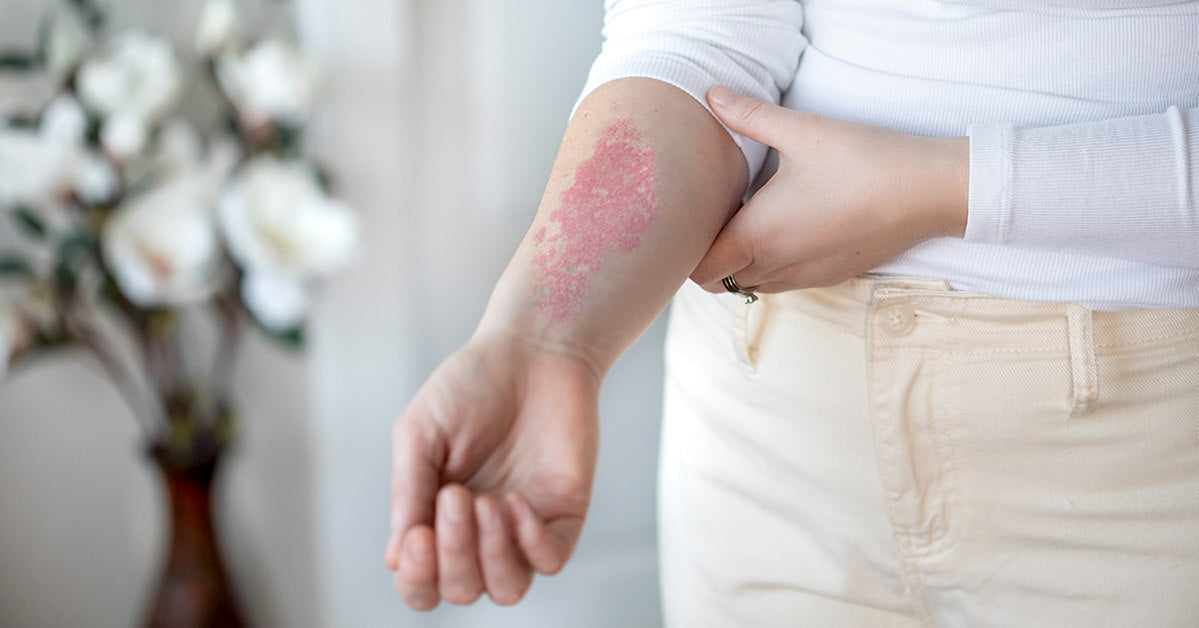
Higher Risk Essential Oils
If you are prone to allergies, eczema, dermatitis or have sensitive skin you may have an increased risk of sensitization. In this case, always use a lower dilution. Oils to avoid because they are known sensitizers are, Aniseed pimpinella anisum , Cassia cinnamomum cassia, Lemon Verbena Lippia citriodora or Aloysia triphylla, Peru Balsam myroxylon pereirae and Spearmint mentha spicata. There may be other oils that are prone to sensitization. Always do your own research to ensure that the oils you are choosing are right for you!
Using Essential Oils Neat
Does this mean you can’t use essential oils neat? No, not necessarily. There are cases where you can use oils neat, like when touching a hot pan and burn my finger. However, erring on the side of caution here is useful so that when you have a need to use an oil neat you can do so without fear of creating more of a problem for yourself. It is always wise to work with a certified aromatherapist who can guide your safe usage of essential oils. We want to empower your use of essential oils, not create an atmosphere of fear. Please note that we always urge safe, conservative use of essential oils so that you can continue to reap the benefits of these wonderful tools!
Here at Plant Therapy, we have on-staff aromatherapists who are happy to help you answer questions! Contact us at aromatherapist@planttherapy.com.
References:
- Tisserand, R. (2014) Essential Oil Safety
- Fulcher, L. (2012) “Would you know if you had an essential oil “sensitization” reaction?”
- Clark, M. (2013) Essential Oils and Aromatics: A step by step guide for use in massage and aromatherapy
